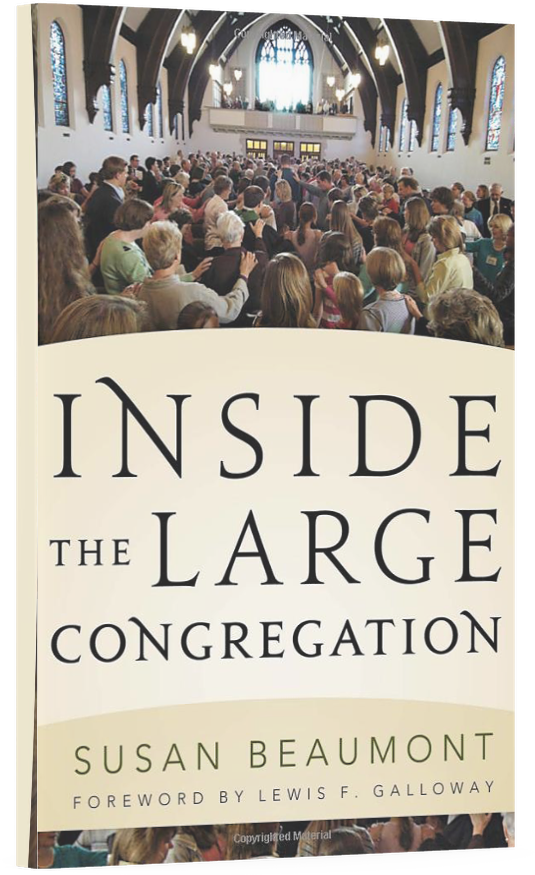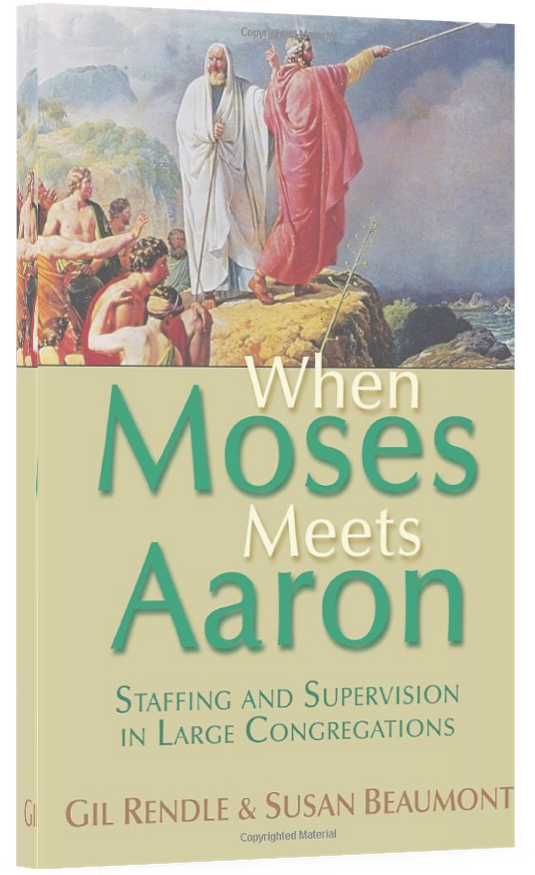 Under the best of circumstances, lay leadership and staff leadership in the large church seem to have a difficult time finding a workable approach to board oversight of the staff team. Board leaders often fluctuate between being too hands off (not paying any attention to the activity of the staff team) or being overly involved (stepping into the micro-management of the staff team.)
Under the best of circumstances, lay leadership and staff leadership in the large church seem to have a difficult time finding a workable approach to board oversight of the staff team. Board leaders often fluctuate between being too hands off (not paying any attention to the activity of the staff team) or being overly involved (stepping into the micro-management of the staff team.)
Here are some helpful oversight practices that I’ve seen boards employ:
- The creation of a personnel committee that generates good employment policies and documents those policies in an employee handbook.
- The articulation of clear expectations about what board leadership expects in a performance management system for its staff team (i.e. job descriptions, annual performance reviews, etc.)
- The articulation of clear expectations about what principles need to be honored in salary administration
- Annual or semi-annual reports from the personnel committee, satisfying board members that the annual cycle of performance review has taken place, and that required salary administration guidelines have been satisfied.
- An annual cycle of review, systematically inviting key staff members to meet with the board for mutual ministry review of functional areas. These ministry reviews are not performance evaluations of staff. They are dialogues between clergy and lay leadership about how various ministry areas are developing or performing.
- An annual process of goal setting with the Senior Minister, and an annual performance review of the Senior Minister by some meaningful sub-body of the board.
- Setting policy and clarifying expectations with regard to pastoral succession planning.
Following are practices that I’ve seen that are not helpful for board members in the large congregation:
- The hiring/firing of any staff member other than the senior minister, unless specifically invited into a particular situation by the senior minister.
- Preparing, reviewing or administering performance reviews for anyone other than the Senior Minister.
- Setting individual goals for staff team members, other than the Senior Minister.
- Meeting one on one with staff members without the Senior Minister present, in an effort to make certain that staff members are being treated well.
- Serving as a complaint board for members of the congregation who have gripes about the staff team.
For a great resource on the coordination of staff and board leadership check out, Governance and Ministry, by Dan Hotchkiss.
Photo Credit: Lynn Pernille




Excellent. As to your list of what they should NOT do, I’ve found that boards at the churches I’ve served, once they learn this is not helpful behavior, have avoided doing so. In dysfunctional churches, however, it has become part of the culture and is a harder habit to break.
Excellent. As to your list of what they should NOT do, I’ve found that boards at the churches I’ve served, once they learn this is not helpful behavior, have avoided doing so. In dysfunctional churches, however, it has become part of the culture and is a harder habit to break.